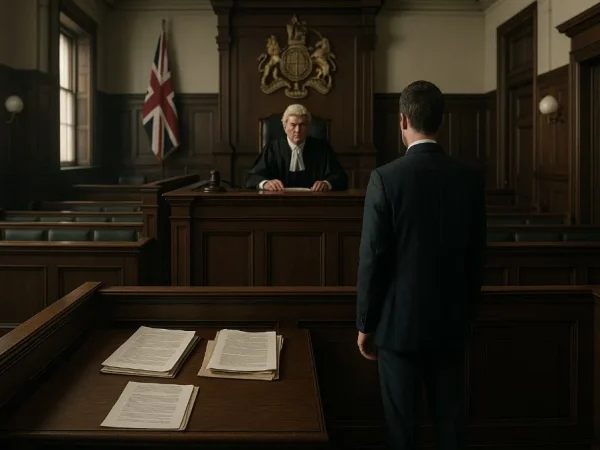
Road Accident Claims: What All Drivers in Scotland Must Know?
Road accidents can happen in a split second and leave lasting consequences. Beyond the shock, you may face medical treatment, time off work, and rising costs.
Understanding how the claims process works in Scotland helps you protect your rights and ensures you don’t miss vital steps.
Keep reading to find out what every driver needs to know before making a claim and how to prepare for the journey ahead.
Knowing Your Rights After An Accident

When you’ve been involved in a collision, it’s not just about vehicle repairs. You may be entitled to claim compensation for injuries, lost income, or other related expenses.
When making road traffic accident claims Scotland, the law allows you to pursue damages if another party’s negligence caused the accident.
These claims aim to cover more than immediate costs. They take into account ongoing medical care, rehabilitation, and even long-term financial impact.
If you understand your entitlements early, you’ll avoid3 accepting settlements that may undervalue your situation.
Evidence Gathering Makes A Difference
Strong evidence is the backbone of a successful claim. After an accident, gather photographs of the scene, vehicle damage, and visible injuries.
You should also speak to witnesses and note down their details, as their statements can provide crucial independent accounts.
Medical reports also play an important role in proving the extent of your injuries.
It’s easy to underestimate how small details matter. For example, time stamps on photos can confirm the conditions at the moment of impact.
Police reports add weight by offering an official account. The more proof you have, the harder it becomes for insurers to dispute your case.
The Claims Process In Scotland
Starting a claim begins with getting legal advice from a solicitor who specialises in personal injury cases.
They’ll guide you on whether your case has merit and outline possible outcomes. In Scotland, there’s generally a three-year time limit from the date of the accident to raise a claim.
Acting promptly is essential, as waiting too long could cost you the right to compensation.
Once your solicitor takes on the case, they’ll notify the other party’s insurer and begin gathering expert reports.
Settlement discussions may follow if liability is clear. If not, the matter could go to court, though most claims are resolved before reaching that stage.
Having professional support ensures deadlines are met and procedures are followed correctly.
Why Legal Guidance Matters?

Navigating legal procedures alone can be overwhelming, especially when you’re recovering from an accident.
A solicitor’s role isn’t just to file paperwork but to explain each step in simple terms.
They’ll handle negotiations with insurers, represent you if the case proceeds to court, and make sure you receive fair treatment throughout.
With clear advice, you’ll understand what to expect and feel supported from start to finish.
This guidance can make the difference between a stressful experience and a smoother process that delivers the right outcome.
Final Thoughts
Road accidents are unpredictable, but knowing how claims work in Scotland helps you take control of the aftermath.
By understanding your rights, gathering strong evidence, and seeking timely legal support, you’ll give yourself the best chance of a fair settlement.
If you ever find yourself facing the challenges of recovery and rising costs, remember that acting early and seeking guidance can secure both financial and personal peace of mind.





